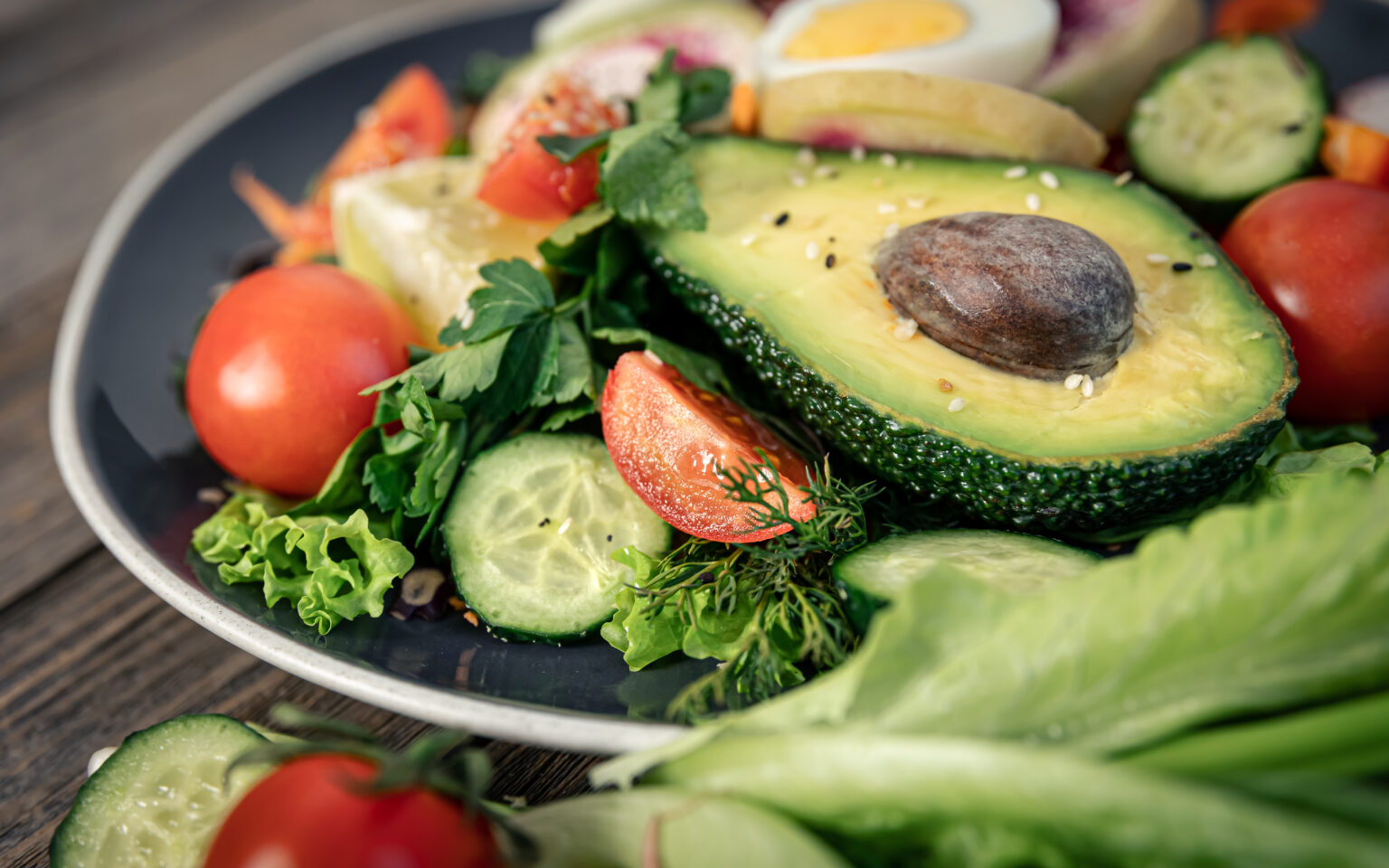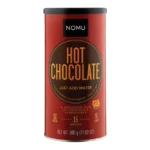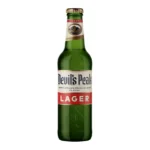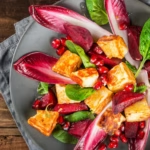A pesco-vegetarian diet is a vegetarian diet that includes fish and seafood in addition to plant-based foods. This dietary choice offers numerous health benefits, but it’s essential to ensure you’re meeting all your nutritional needs. One crucial nutrient that may require special attention is omega-3 fatty acids. Omega-3s are a type of polyunsaturated fat that plays a vital role in overall health and well-being. Fortunately, with careful planning and food choices, it’s possible to incorporate omega-3 fatty acids into a pesco-vegetarian diet.
Why Omega-3 Fatty Acids Matter
Omega-3 fatty acids are crucial for maintaining optimal health, particularly for their role in supporting heart health, brain function, and reducing inflammation. They are categorised into three main types: alpha-linolenic acid (ALA), eicosapentaenoic acid (EPA), and docosahexaenoic acid (DHA).
ALA is found primarily in plant-based sources such as flaxseeds, chia seeds, walnuts, and soybeans. However, EPA and DHA are mainly found in fatty fish and seafood. These two long-chain omega-3s are particularly important for brain development and function, as well as for reducing the risk of cardiovascular disease.
Including Fatty Fish and Seafood
As a pesco-vegetarian, you have the advantage of being able to incorporate fatty fish and seafood into your diet. These sources are rich in EPA and DHA, making them an excellent addition for meeting your omega-3 needs. Some examples of fatty fish that are good sources of omega-3s include salmon, trout, sardines, mackerel, and herring. When choosing fish, it’s important to prioritize sustainably sourced options to protect the environment and promote responsible fishing practices.
Including Plant-Based Sources of Omega-3s
While the primary plant-based sources of omega-3s provide ALA rather than EPA and DHA, they are still valuable additions to a pesco-vegetarian diet. ALA can be converted to EPA and DHA in the body, although the conversion efficiency is limited. Including these sources ensures a more diverse range of nutrients and helps boost your overall omega-3 intake.
Flaxseeds and chia seeds are excellent sources of ALA and can be easily incorporated into your daily diet. They can be added to smoothies, oatmeal, yogurt, or baked goods. Walnuts are also a great choice, offering a convenient and tasty way to increase your omega-3 intake. Other plant-based sources of ALA include hemp seeds, soybeans, and their derived products like tofu and tempeh.
Supplementing with Algal Oil
Since EPA and DHA are primarily found in fish and seafood, pesco-vegetarians may consider supplementing with algal oil to ensure sufficient intake of these essential omega-3s. Algal oil is derived from algae, which is the primary source of EPA and DHA for fish. It provides a direct and sustainable alternative to fish oil supplements and is suitable for both vegetarians and vegans.
Algal oil supplements come in various forms, such as capsules or liquid, and can be readily incorporated into your daily routine. Always consult with a healthcare professional or registered dietitian before starting any new supplements to determine the appropriate dosage and ensure it aligns with your specific dietary needs.
Balancing Omega-6 to Omega-3 Ratio
In addition to focusing on omega-3 intake, it’s crucial to maintain a healthy balance between omega-6 and omega-3 fatty acids. The modern Western diet often has an imbalance, with an excessive intake of omega-6 fatty acids, primarily from vegetable oils. This imbalance can promote inflammation and negate some of the benefits of omega-3s.
To achieve a better balance, minimise the consumption of processed and fried foods that are high in omega-6 fatty acids, and opt for cooking oils with a better omega-3 to omega-6 ratio, such as flaxseed oil or extra virgin olive oil.
Monitoring and Consulting with Professionals
When adopting a pesco-vegetarian diet, especially for specific nutritional needs, it’s essential to monitor your nutrient intake and consult with healthcare professionals or registered dietitians. They can assess your diet, provide guidance, and help you create a well-rounded eating plan that ensures you meet all your nutritional requirements.
Incorporating omega-3 fatty acids into a pesco-vegetarian diet is feasible with the right food choices and considerations. By including fatty fish and seafood, incorporating plant-based sources of omega-3s, and potentially supplementing with algal oil, you can enjoy the numerous health benefits associated with omega-3 fatty acids while maintaining your pesco-vegetarian lifestyle. Remember, balance and variety are key to achieving optimal nutrition, so make sure to explore different food sources and seek professional advice to meet your individual dietary needs.








